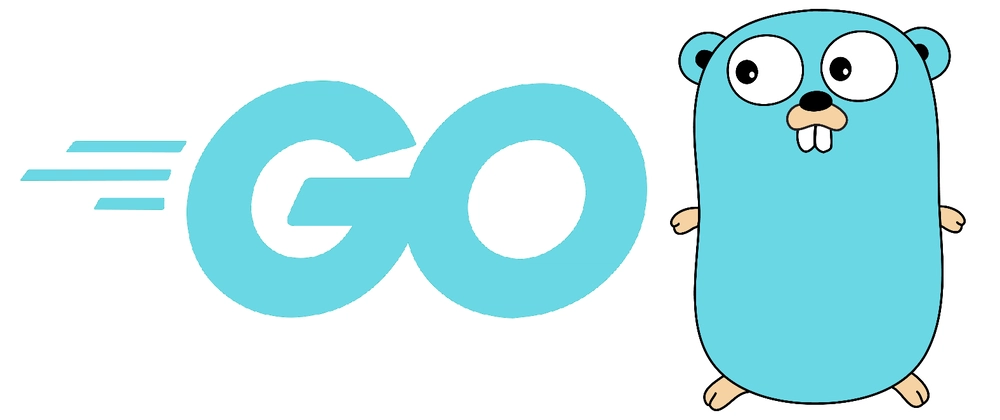I’m Walid, a backend developer who’s currently learning Go and sharing my journey by writing about it along the way.
Introduction to Go: Variables, Pointers, Memory Allocation, and Assignments
Go (Golang) is a statically typed, compiled programming language designed for efficiency, scalability, and simplicity. Understanding variables, pointers, memory allocation, and assignment operations is crucial for writing effective Go programs. In this article, we will cover these fundamental concepts in depth.
Variables in Go
A variable in Go is a named storage location that holds a value of a specific type. Go enforces static typing, meaning each variable has a fixed type determined at compile time.
Declaring Variables
Go provides multiple ways to declare variables:
Using the var Keyword
var x int // Declaration without initialization, defaults to zero value (0)
var name string = "GoLang" // Explicit type declaration with initialization
Short Variable Declaration (:=)
count := 42 // Implicit type inference; `count` is inferred as `int`
message := "Hello, Go!" // `message` is inferred as `string`
Note: The
:=operator is only available within functions and cannot be used at the package level.
Multiple Variable Declarations
var a, b int = 10, 20
x, y := 1.5, "tuple assignment"
Pointers in Go
A pointer is a variable that stores the memory address of another variable. Pointers allow direct memory manipulation and can be used for efficient function argument passing.
Declaring Pointers
var ptr *int // Declares a pointer to an int, initially nil
Assigning a Pointer
x := 10
ptr := &x // `ptr` now holds the address of `x`
fmt.Println(ptr) // Outputs memory address
fmt.Println(*ptr) // Dereferencing the pointer (outputs 10)
Modifying Value Through Pointers
*ptr = 20 // Changes `x` value to 20
fmt.Println(x) // Outputs 20
Comparing Pointers in Go and C
Go's pointers are similar to C's but with important differences:
-
No Pointer Arithmetic: Unlike C, Go does not allow pointer arithmetic (e.g.,
ptr++is invalid). -
Garbage Collection: Go has an automatic garbage collector, whereas C requires manual memory management (
mallocandfree). - Safer Memory Management: In Go, dangling pointers are less common because memory is managed automatically, whereas in C, improper memory management can cause memory leaks and segmentation faults.
-
Nil vs.
NULL: In Go, uninitialized pointers default tonil, whereas in C, the equivalent isNULL.
Example in C:
#include <stdio.h>
#include <stdlib.h>
int main() {
int *p = (int*)malloc(sizeof(int));
*p = 10;
printf("%d", *p);
free(p); // Must manually free memory
return 0;
}
Equivalent in Go:
package main
import "fmt"
func main() {
p := new(int)
*p = 10
fmt.Println(*p) // Memory is managed by Go's garbage collector
}
Memory Allocation: new() and make()
Go provides two functions for memory allocation: new() and make(), each serving different purposes.
Using new()
new() allocates memory for a type but does not initialize it beyond zero values.
p := new(int) // Allocates memory for an int and returns a pointer
fmt.Println(*p) // Prints zero value (0)
Using make()
make() is used for slices, maps, and channels, initializing them properly.
s := make([]int, 5) // Allocates and initializes a slice of length 5
fmt.Println(s) // Outputs [0 0 0 0 0]
Lifetime of Variables
In Go, variable lifetime is determined by its scope:
- Global Variables: Live throughout the program execution.
- Local Variables: Exist only within the function where they are declared.
- Heap-Allocated Variables: Managed by Go's garbage collector.
Assignments and Tuple Assignments
Assignment in Go follows a straightforward syntax but has some interesting features.
Simple Assignment
x := 10
x = 20 // Reassigning x to 20
Tuple Assignment
Tuple assignment allows swapping values without a temporary variable.
a, b := 5, 10
a, b = b, a // Swaps values of a and b
fmt.Println(a, b) // Outputs 10, 5
Conclusion
Understanding variables, pointers, memory allocation, and assignments is fundamental in Go. These concepts provide a solid foundation for working with Go’s memory model, performance optimization, and writing efficient code. Compared to C, Go's pointer system is safer and more manageable due to its garbage collection and restricted pointer operations. Mastering these concepts will help you develop robust and scalable Go applications.



Top comments (0)